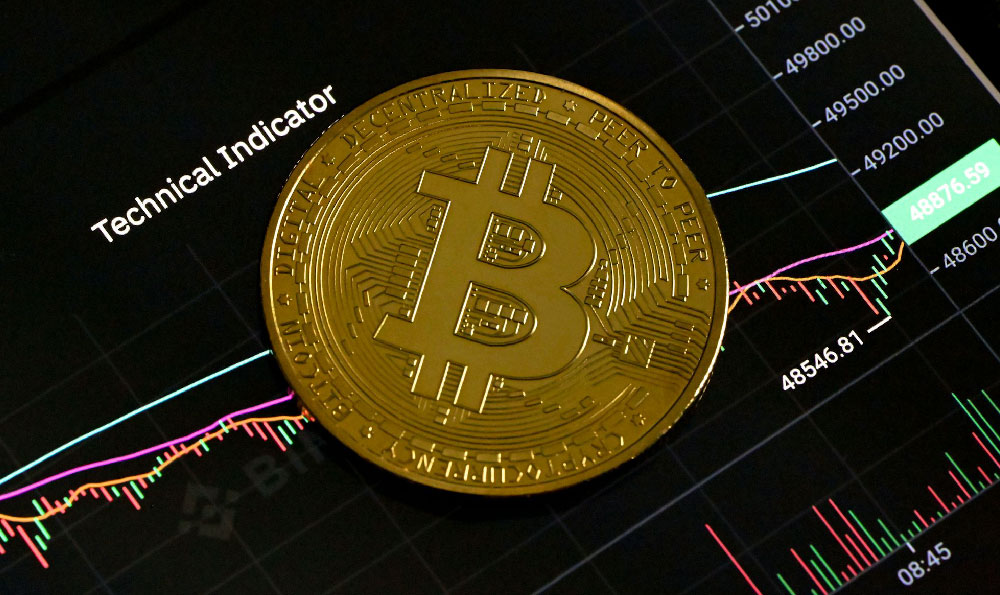Investing HSA Funds: A Comprehensive Guide to Growth and Security
The Health Savings Account (HSA) is a powerful tool for managing healthcare expenses, but it's also an often-overlooked investment vehicle. While primarily designed to cover current and future medical costs, the triple tax advantages of an HSA – tax-deductible contributions, tax-free growth, and tax-free withdrawals for qualified medical expenses – make it an excellent platform for long-term wealth accumulation. However, navigating the investment landscape within an HSA can be daunting. This guide will provide a comprehensive overview of how to invest your HSA funds effectively, helping you maximize their potential while mitigating risk.
Understanding the Basics of HSA Investing

Before diving into investment strategies, it’s crucial to understand the fundamental principles. An HSA works in tandem with a high-deductible health plan (HDHP). You contribute pre-tax dollars to the account, those contributions grow tax-free, and withdrawals for qualified medical expenses are also tax-free. The "triple tax advantage" makes it a potent tool for retirement planning, essentially offering a parallel retirement account focused on healthcare costs.
Most HSA providers offer a range of investment options, typically including mutual funds, exchange-traded funds (ETFs), and in some cases, individual stocks and bonds. The availability and diversity of these options can vary significantly between providers. Therefore, researching and selecting an HSA provider with a robust investment platform is paramount, especially if you intend to invest a significant portion of your funds.
When Should You Start Investing Your HSA Funds?
The timing of when you start investing your HSA funds is a crucial decision. A common misconception is that you should only invest once you've accumulated a substantial balance. However, due to the power of compounding, starting earlier, even with smaller amounts, can lead to significantly larger returns over time.
Generally, a good rule of thumb is to keep enough cash in your HSA to cover your immediate deductible and any anticipated near-term medical expenses. Once you've established this emergency fund within your HSA, you can begin allocating the remaining funds to investments. This ensures that you have readily available funds for healthcare needs while simultaneously allowing your savings to grow.
Choosing the Right Investments for Your HSA
Selecting the appropriate investments within your HSA depends on several factors, including your risk tolerance, investment timeline, and financial goals. Here's a breakdown of common investment options and how to approach them:
-
Mutual Funds: Mutual funds offer diversification by pooling money from multiple investors to purchase a basket of stocks, bonds, or other assets. They are a good option for investors who want a diversified portfolio without having to individually select securities. Consider mutual funds that track broad market indexes, such as the S&P 500 or a total stock market index, for broad exposure to the stock market. Bond funds can provide stability and income, but are generally less volatile than stock funds.
-
Exchange-Traded Funds (ETFs): ETFs are similar to mutual funds, but they trade on exchanges like individual stocks. They typically have lower expense ratios than mutual funds, making them a cost-effective option for long-term investing. Like mutual funds, ETFs can track various market indexes, sectors, or asset classes.
-
Individual Stocks and Bonds: Some HSA providers allow you to invest in individual stocks and bonds. While this offers the potential for higher returns, it also comes with increased risk and requires more active management. This option is generally more suitable for experienced investors with a higher risk tolerance and a strong understanding of the market.
Developing a Diversified HSA Investment Strategy
Diversification is key to mitigating risk and maximizing returns in any investment portfolio, including your HSA. A well-diversified HSA portfolio should include a mix of stocks, bonds, and possibly other asset classes, such as real estate or commodities, depending on your risk tolerance and investment goals.
-
Asset Allocation: Determining the right asset allocation is crucial. A common strategy is to align your asset allocation with your time horizon. If you are decades away from retirement and anticipate using your HSA primarily for long-term healthcare expenses, you can afford to allocate a larger portion of your portfolio to stocks, which have historically provided higher returns over the long term. As you approach retirement, you may want to gradually shift your allocation towards bonds, which are generally less volatile.
-
Rebalancing: Regularly rebalancing your HSA portfolio is essential to maintain your desired asset allocation. Over time, some investments will outperform others, causing your portfolio to drift away from its original allocation. Rebalancing involves selling some of the overperforming assets and buying more of the underperforming assets to bring your portfolio back into alignment.
Managing Risk and Avoiding Investment Traps
Investing involves risk, and it's important to be aware of the potential pitfalls.
-
Understand Your Risk Tolerance: Before investing your HSA funds, honestly assess your risk tolerance. Are you comfortable with the possibility of losing money in the short term in exchange for potentially higher returns in the long term? Or are you more risk-averse and prefer a more conservative investment approach? Your risk tolerance should guide your investment decisions.
-
Beware of High Fees: Pay close attention to the fees associated with your HSA investments. High fees can eat into your returns over time. Choose low-cost investment options whenever possible. Index funds and ETFs often have lower expense ratios than actively managed mutual funds.
-
Avoid Emotional Investing: Don't let emotions influence your investment decisions. Avoid making impulsive decisions based on market fluctuations. Stick to your long-term investment strategy and rebalance your portfolio regularly.
-
Stay Informed: Stay informed about market trends and economic conditions. While you don't need to become a market expert, it's helpful to understand the factors that can affect your investments.
Tax Implications and Record Keeping
Maintaining meticulous records of your HSA contributions, investments, and withdrawals is crucial for tax purposes. Keep track of all medical expenses to ensure that your withdrawals are qualified and tax-free. Consult with a tax advisor to understand the specific tax implications of your HSA investments and withdrawals.
Investing your HSA funds wisely can be a powerful way to grow your wealth and prepare for future healthcare expenses. By understanding the basics of HSA investing, developing a diversified investment strategy, and managing risk effectively, you can maximize the potential of your HSA and achieve your financial goals. Remember to consult with a financial advisor to tailor your investment strategy to your specific circumstances.












